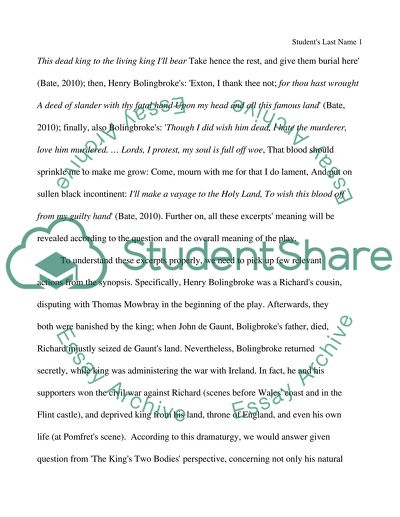Cite this document
(“William Shakespeare and his play Richard II Essay”, n.d.)
Retrieved de https://studentshare.org/english/1476671-william-shakespeare-and-his-play-richard-ii
Retrieved de https://studentshare.org/english/1476671-william-shakespeare-and-his-play-richard-ii
(William Shakespeare and His Play Richard II Essay)
https://studentshare.org/english/1476671-william-shakespeare-and-his-play-richard-ii.
https://studentshare.org/english/1476671-william-shakespeare-and-his-play-richard-ii.
“William Shakespeare and His Play Richard II Essay”, n.d. https://studentshare.org/english/1476671-william-shakespeare-and-his-play-richard-ii.


